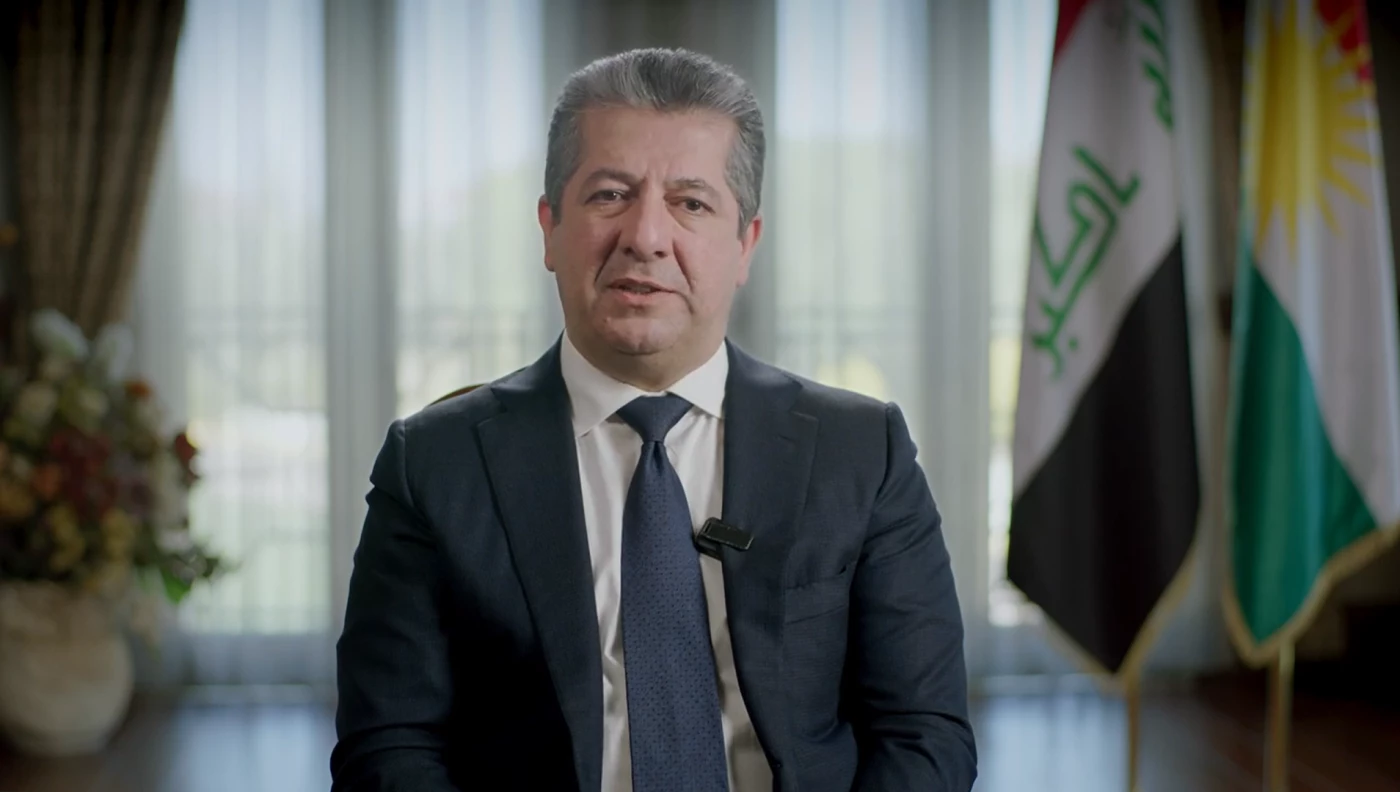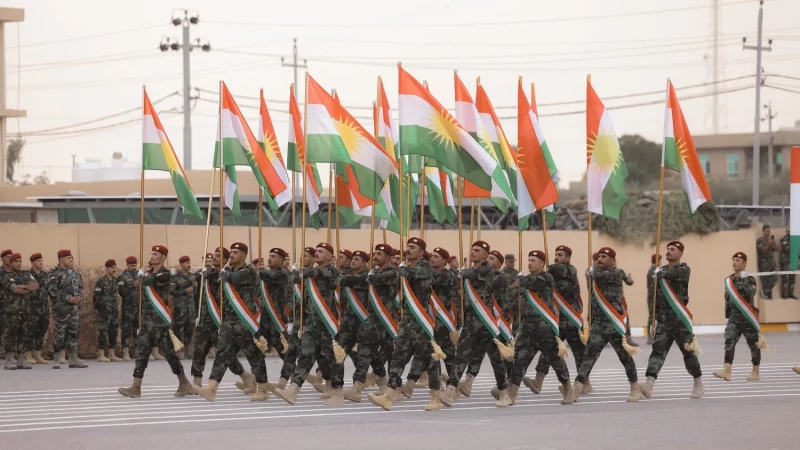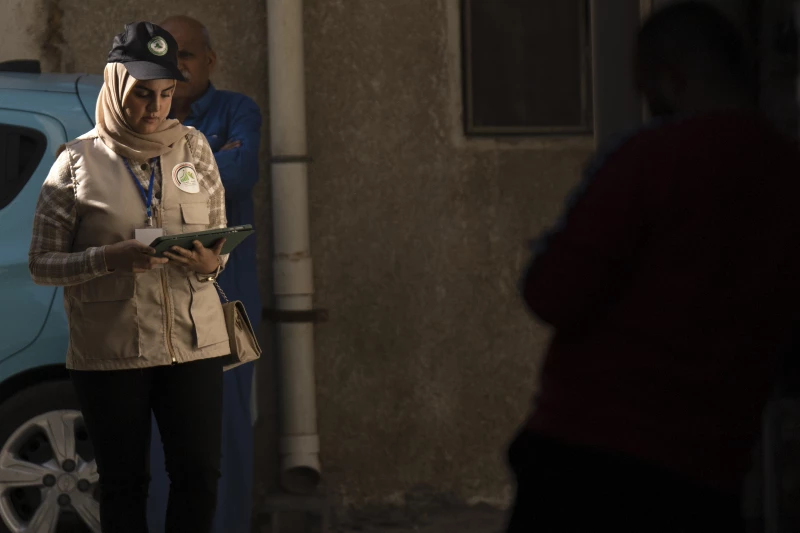ERBIL, Kurdistan Region of Iraq – During a conference on the Kurdish genocide at Yale University, Kurdistan Region Prime Minister Masrour Barzani highlighted the long history of oppression and violence against the people of Kurdistan, lauding the unbreakable spirit of Kurds in the face of adversity.
Barzani’s remarks were delivered in a video address during the “History & Legacy of the Kurdish Genocide” conference, organized by Yale’s Greenberg Conference Center on Wednesday.
The Kurdish premier pointed out that the genocide against the people of Kurdistan “did not take place just once or in one operation,” recounting the many episodes of oppression and marginalization the Kurdish people endured under Saddam Hussein's Baathist regime from the mid-1970s until 1991.
The Kurdish population was subjected to various forms of oppression under the iron-fisted rule of the Baathist regime, with two salient episodes being the notorious Anfal campaign and the Halabja chemical attack.
Anfal, the title of the eighth chapter of the Islamic Holy book Quran, was used as the codename for the genocidal campaign launched by Saddam’s regime against the Kurds in the late 1980’s.
Over 182,000 Kurds were massacred during the eighth stage of the campaign between February to September 1988, and thousands of Kurdish villages were destroyed and wiped out.
“Innocent men, women, and children were rounded up and executed and chemical weapons were unleashed on Kurdistan,” said Barzani in his speech.
In a video address delivered during a conference on the Kurdish genocide at Yale University, Kurdistan Region PM Masrour Barzani highlighted the resilient spirit of the people of Kurdistan in the face of adversity, while stressing the need to pursue justice and accountability pic.twitter.com/J1wuR2Ke1b
— The New Region (@thenewregion) April 24, 2025
Separately, in 1988, Halabja was attacked with chemical weapons by Iraqi forces – considered one of the biggest chemical attacks on civilians to date, the bombardment claimed around 5,000 lives and injured thousands more.
“Genocide was the culmination of a long history of oppression, marginalization and violence against the people of Kurdistan. The lesson here is that we must all speak out when we see injustice, even if it is inconvenient, because silence is complicity,” Barzani stated.
“But despite every effort to break our spirit, the people of Kurdistan have endured. Today, the Kurdistan Region of Iraq stands as a testament to resilience and hope. We have a society that values freedom, coexistence, and dignity, and our region remains a refuge for those fleeing violence and persecution,” he added.
In 1991 Kurds arranged a successful uprising in which they were able to expel Baathist forces from their territories with the help of the UN-mandated no-fly zone, hampering Hussein's efforts to carry out aerial attacks on northern Iraq and allowing for the entry of humanitarian aid.
Prime Minister Barzani expressed gratitude to academic institutions like Yale for preserving and sharing the truth of the Kurdish genocide, but stressed that “justice must come alongside remembrance.”
“Justice must be a priority — not only for Iraq, but for the international community as a whole. Justice and accountability must be pursued with urgency.”
Kurdish officials have repeatedly sought compensation for the victims’ families. To date, the remains of thousands of victims are to be found somewhere in Iraq.



 Facebook
Facebook
 LinkedIn
LinkedIn
 Telegram
Telegram
 X
X


